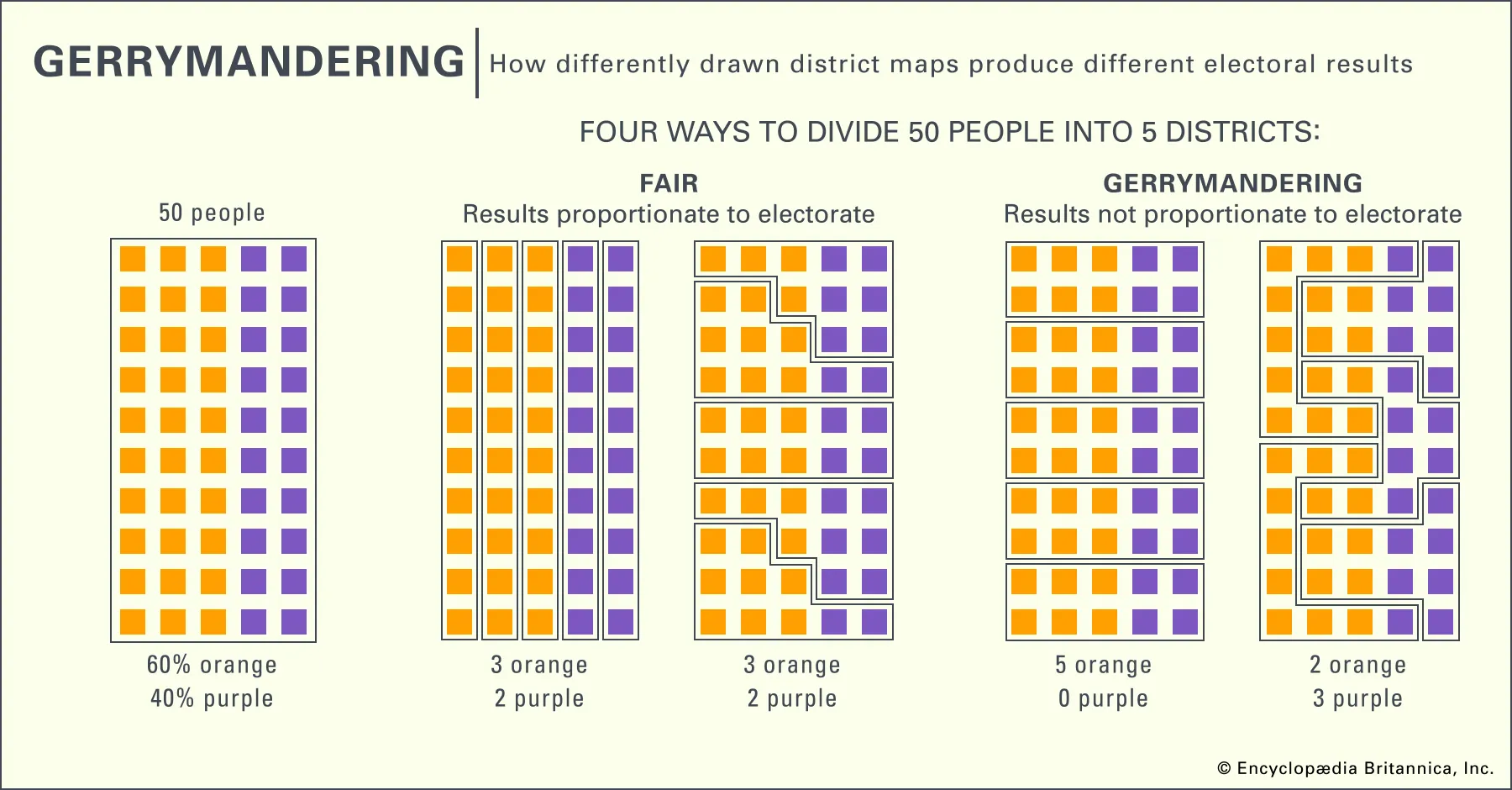Political Transparency Importance - Why It Matters
Explore the significance of political transparency and accountability. Learn why political transparency is essential for a better democracy

The Imperative of Transparency and Accountability in Politics
Transparency and accountability are the cornerstones of a functioning and healthy democracy. In politics, where decisions affect the lives of millions, these principles take on paramount importance. They ensure that elected officials and public servants act in the best interests of the people they represent. This article delves into the significance of transparency and accountability in politics, highlighting their roles in fostering trust, preventing corruption, and promoting good governance.
Trust in Government
Transparency and accountability are integral in building and maintaining trust in government. Citizens must have confidence that their elected officials are acting honestly and ethically. When politicians operate transparently, sharing information about their actions, decisions, and financial interests, it enhances public trust. It creates a sense of openness that fosters a strong connection between the government and its citizens.
Moreover, accountability mechanisms such as elections, oversight bodies, and investigative journalism are essential for holding politicians and public officials accountable for their actions. This accountability reinforces trust by assuring citizens that those in power are answerable for their decisions and actions.
Preventing Corruption
Corruption is a grave threat to any political system. It erodes public trust, diverts resources from essential services, and undermines the rule of law. Transparency acts as a deterrent to corruption by exposing unethical behavior and enabling swift action against wrongdoers. When politicians know their actions are being scrutinized, they are less likely to engage in corrupt practices.
Accountability complements transparency in the fight against corruption. Effective oversight bodies, independent judiciaries, and investigative journalism can uncover corruption and ensure that those responsible face consequences. This discourages others from engaging in corrupt acts, creating a culture of integrity in politics.
Promoting Good Governance
Transparency and accountability are essential elements of good governance. Good governance encompasses fairness, efficiency, and responsiveness, and it is only possible when those in power are held accountable for their decisions and actions. Transparent decision-making processes ensure that policies and laws are made with the best interests of the people in mind.
Accountability mechanisms, such as legislative checks and balances, enable the government to function efficiently while avoiding abuses of power. They provide a safety net that prevents authoritarian tendencies and promotes consensus-based decision-making.
Public Participation
Transparency goes hand in hand with public participation in politics. When citizens have access to information about government activities, they can make informed decisions, engage in meaningful discussions, and hold politicians accountable for their promises. Transparency empowers the public to take an active role in shaping their society.
Furthermore, accountability ensures that politicians are responsive to the needs and concerns of their constituents. Elected officials who know they will be held accountable for their actions are more likely to listen to their constituents and act in their best interests. This strengthens the connection between the government and the people it serves.
Global Implications
Transparency and accountability in politics also have global implications. In an interconnected world, the actions of one government can impact others. Transparent and accountable governments are more likely to engage in international cooperation, uphold treaties and agreements, and contribute positively to global problem-solving.
Transparency in Policy-Making
Transparency in policy-making is crucial for crafting effective and fair laws and regulations. When policymakers involve various stakeholders, including experts, civil society organizations, and affected communities, in the decision-making process, it leads to more informed and balanced policies. This inclusive approach ensures that the perspectives and interests of different groups are considered, reducing the risk of bias or favoritism in policy development.
Additionally, making policy documents, research, and data publicly available allows for scrutiny and feedback. This transparency enables independent experts and the public to assess the evidence and rationale behind policies, fostering a sense of ownership and legitimacy among citizens.
Accountability Beyond Elections
While elections are a vital mechanism for holding politicians accountable, accountability must extend beyond the electoral cycle. Elected officials should be answerable for their actions throughout their terms in office. Independent oversight bodies, like ombudsman offices, ethics commissions, and audit agencies, play a crucial role in this regard. They investigate complaints, monitor government activities, and ensure compliance with laws and regulations.
Moreover, the judicial system should function independently, providing a forum for citizens and organizations to seek redress when their rights are violated or when government actions are unjust. This judicial independence reinforces the principle that no one, not even those in power, is above the law.
The Role of Technology
Advancements in technology have greatly enhanced transparency and accountability in politics. Digital platforms, open data initiatives, and social media have made it easier for governments to disseminate information and for citizens to access it. Real-time reporting, live streaming of legislative sessions, and online disclosure of financial records have become common practices.
Furthermore, whistleblowers and investigative journalists have used technology to expose corruption and wrongdoing, often at great personal risk. Digital tools and secure communication channels have made it easier for whistleblowers to come forward and for investigative journalism to thrive.
Challenges and Obstacles
Despite the numerous benefits of transparency and accountability, several challenges and obstacles exist. In some cases, governments may resist transparency, fearing political backlash or exposure of wrongdoing. The lack of proper legislation, enforcement mechanisms, or resources can also hinder transparency efforts. In addition, political polarization and disinformation campaigns can undermine public trust and the effectiveness of accountability mechanisms.
Addressing these challenges requires a concerted effort from civil society, the media, and international organizations. It is essential to advocate for stronger legal frameworks, protect whistleblowers, and promote media literacy to combat disinformation.
Transparency and accountability are not mere buzzwords; they are fundamental pillars of a well-functioning democracy. These principles empower citizens to actively engage in political processes, ensure that government actions are just and fair, and foster an environment of trust and integrity. As citizens, we must demand transparency from our governments, support accountability mechanisms, and remain vigilant in upholding these principles. In doing so, we contribute to the strength and vitality of our democratic societies, ultimately shaping a better future for all.
What's Your Reaction?
















